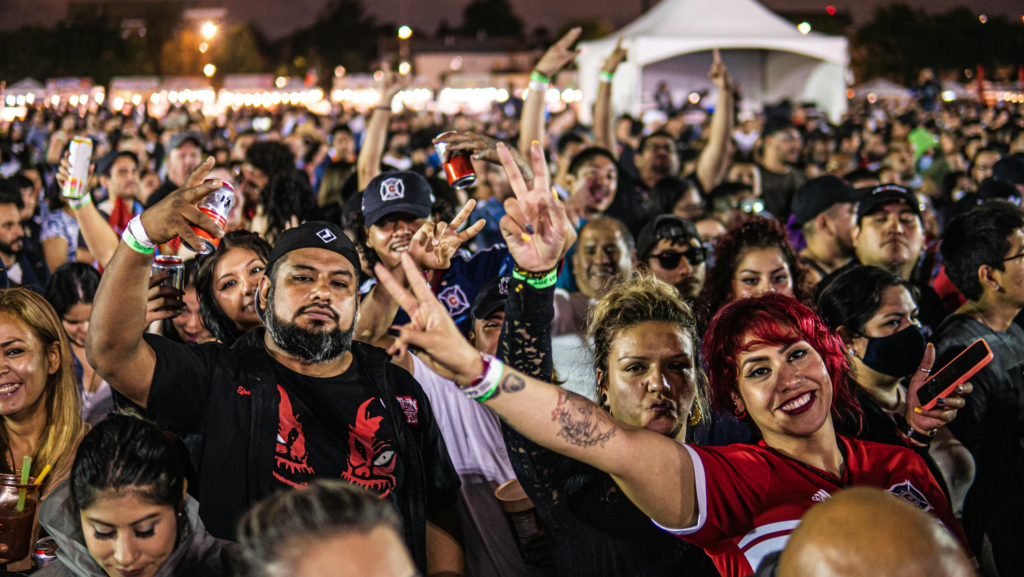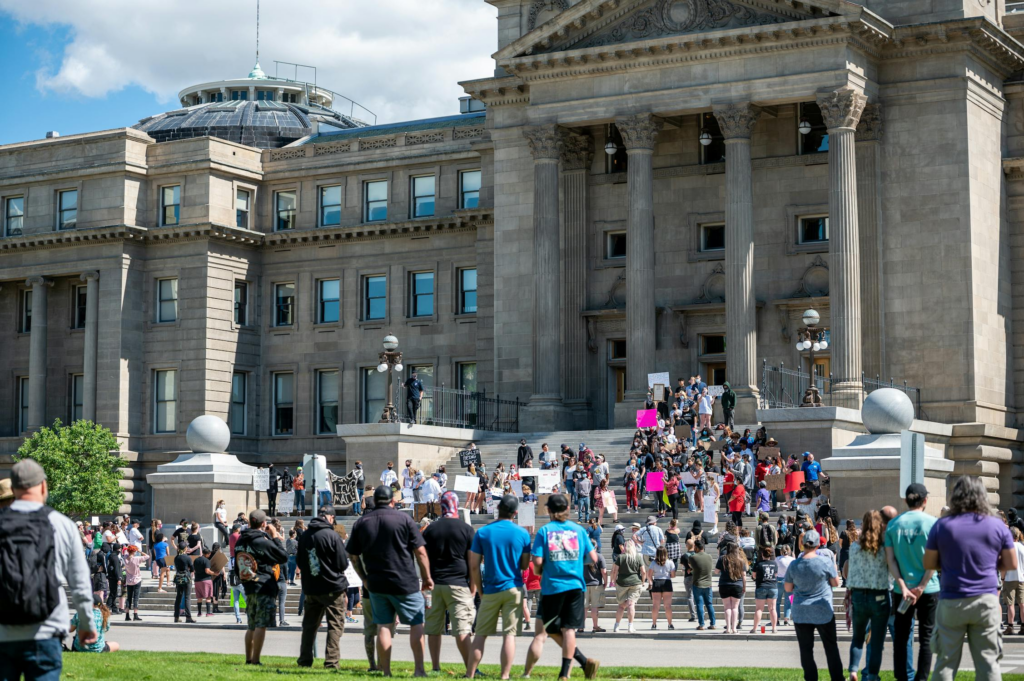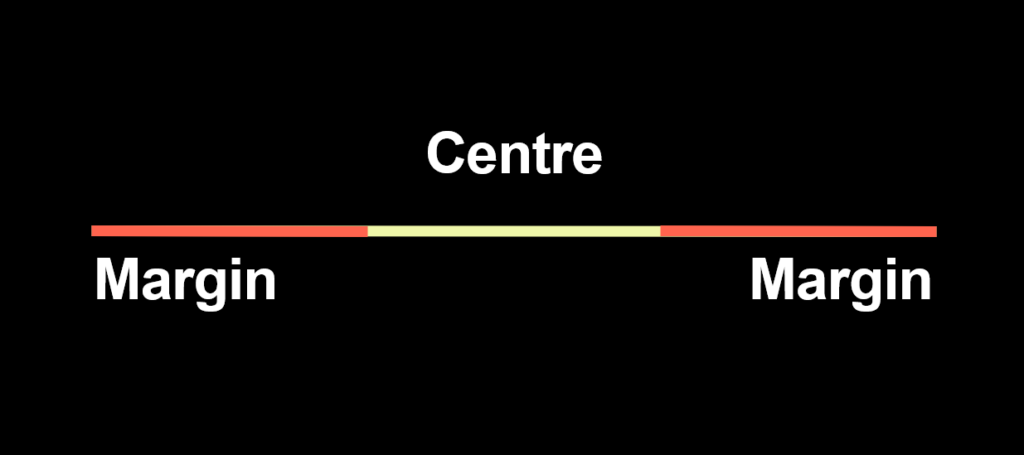The world has dramatically changed. There is no longer one culture, but many cultures in the same area. What does this mean? There is no central hub. No common sense. Welcome to the world we live in today : The Wide Margin. But how did we get here?
We have been dealing with the culture and showing that there are 2 parts to it :

The Centre

The Margin
The whole thing I like to call :

The Cultural Field
When a Cultural Field is dominated by the Centre, I call this a Central Field. But when it gets dominated by the Margin, I call this a Wide Margin Field.
We saw that historically the church became a “central entity” through various practices. This I believe continued until the 1960s. From 1960 onwards the Cultural Field had a dramatic shift.
First, the church was no longer in the centre, and second, that the church continued a “central pose” even though it was no longer central.
But there is something even bigger going on in this cultural shift.
The whole fabric of the cultural field has changed.
I will outline what those changes are and what are the 9 major cultural shifts that has changed the world that we are in. But first some preliminary points.
1. We have gone from a Central Field to a Wide Margin Field


Prior to 1960 the centre was quite obvious. Much wider in society. Not challenged. This meant that the centre attracted more pull to it. More control. The culture was more or less the same. When the centre was prominent, unchallenged, and powerful, I call this a “Central Field”, or more precise, a “Wide Central Field”. The centre is not just the centre but a fair chunk of the culture. People were more united in thinking, things were more in order, and less change happened.

But times have changed since then.
Now, there is more margin than centre. Hence, the centre has less sway to it. I call this a “Wide Margin Field”. I’ll explain the 9 cultural shifts that led to this change, but it’s important to see this dramatic change since the 1960s in this diagram.
What this means is that the centre is less obvious, and the margin is stronger. So much stronger that it has led to my next point.
2. A Wide Margin Field leads to No Central Position


With the increase of the margin, it has got to the point where the centre has been engulfed. The centre was there to keep a culture in balance and to function in a top-down authoritative way.
So I believe the centre has gone from the culture. It is all margin. But does that mean that all of culture, being margin, is fundamentally the same? Actually the opposite is true.
3. A Wide Margin leads to Independent Cultural Fields


Here’s the thing: We do not have culture anymore. We have cultures. There is no one culture with two parts, the centre and the margin. That is the old way. We have many cultural fields, many cultures, all working independently of the others.
It’s as if the increase of the margin, when it engulfs the centre, it crashes into itself splintering off into many different cultural fields.
We live in a more chaotic, plural, independent, fragmented world.
4. Interaction happens in the Independent Fields


The reality is that these independent fields are not parallel worlds. They are geographically in the same place, shoulder to shoulder. When one culture animates, it does have a ripple effect on the others. They are independent, but they share this interactive space with others. The question is : What happens when these independent cultural fields start to interact more?
Now, in all this change, the church is still around. How will the church function in this new world map?
Before we delve into that, it is helpful to think of what led to this dramatic change in the world? I have 9 cultural shifts that explain this change.
1. Population Increase

We went from 1 billion people in 1800 to about 3 billion in 1960 to about 8 billion in 2024. Just the sheer amount of people will change the cultural field. We have gone from the majority of people living in the country to now living in mega cities. This has meant more crowded areas, more pollution, more anonymity, and less complexity. This has led to more diversity of opinions and cultures.
Some counties, like China, have managed to have a tight government control over a lot of people, but many countries have had great political changes and coups partly because control is somewhat harder.
2. Available Technology

The 1960s saw an explosion in technology which led to more creativity, more jobs, and more freedoms. The average joe could now make a name for themselves with their own ideas and abilities. The difference between the margin and the centre was shortening due to the opportunities created by technology.
This especially happened with the invention of the internet where anyone anywhere can gain information on anything.
You no longer needed to go through a particular ladder or authority chain to share your opinions or ideas.
3. Immigration Influx

Western countries in the 1960s onwards saw an influx of people coming from all over the globe to make a new living. They would adopt the cultural beliefs and practices of what it meant to be American or Australian or French. But they also retained their own cultural identity. Immigration mixed the world into a new thing. But with the ever-increasing influx of immigration, many people are not adopting the cultural practices of the country they go to but rather continuing their own culture in a new geographical location. The reason they can do this now is because there are many from their own culture already in these places. There has arisen enclaves of certain cultures in some cities. Some do not bother to learn a new language or become citizens. There is no geographical connection with where they are.
4. Multiculturalism Increase

This is the result of immigration. An influx of different cultures has meant an influx of opinions, religions, ideologies.
It has got to the point that the question “How does the church engage its culture?” is a useless question. Which culture are you referring to? There are many.
Multiculturalism does have its benefits, as many have adopted new ideas and customs in their own backward. But it does mean that we live in a complex disordered world trying to live with people quite different to us.
5. The Globalization of the World

With the increase in technology and immigration, this has led to the current world map not really showing where each country is. There are Chinese in Brazil and Koreans in Egypt. Cultures have cross-pollinated with other cultures.
On one level, the world has become much bigger with its population, but it has also become much smaller, like a village.
People can connect with anyone anywhere through this networked online world. It has even got to the point where an individual can identify themselves apart from geography. They can be truly global in how they think, where they go, and where they live.
6. Customization Increase

Because we engage in a gamete of lifestyles and cultures through a globalized online world, we can now pick and choose the system we would like to be in. People can create the version of the world that they want. 200 years ago, everyone in the town was much similar in their outlook of life. Today we live in a souped-up individualized world that we can make the way we want. This has its benefits, as we are all not the same, but it also makes for a more complex chaotic cultural field.
7. The Decrease of Authority

The individual self has arisen in the last 100 years to have the ability and the freedom to question cultural authorities. Couple this with the influx of cultures and we have a complex and different understanding of how authority works across the world we live in. This is a benefit and a curse. A benefit is that no person now gets a free pass on what they say. People have the freedom and the voice to share their concerns and opinions and questions. But there are drawbacks also. Across the board, parents struggle with children, teachers with students, governments with communities. People are not afraid of the centre anymore. Submitting to authority is an option rather than a duty. People are starting to live the way they want to live.
8. The Fragmentation of Communication

All of these shifts together, I believe, has just made communication harder. The sheer amount of people and cultures has made common sense harder to know. Even if someone understands the same language as you, there is such a thing as “cultural language”. This communication problem has led to a greater fragmentation of society in general. We are all together in this world, but we are also alone, trying to figure each other out. People now communicate “their truth” rather than figuring out what “the truth” is.
9. Increase in Tribalism

This leads us to this shift. We now live in a very tribal world. Instead of all cultures working together, we have cultures and beliefs and factions doing their own thing.
The world has become wide open through globalization, but also closed-in because of tribalism.
We start to only listen to those that are the same as us.
How does the church respond to these cultural shifts? The world has changed. Welcome to the Wide Margin. A Wild West World.